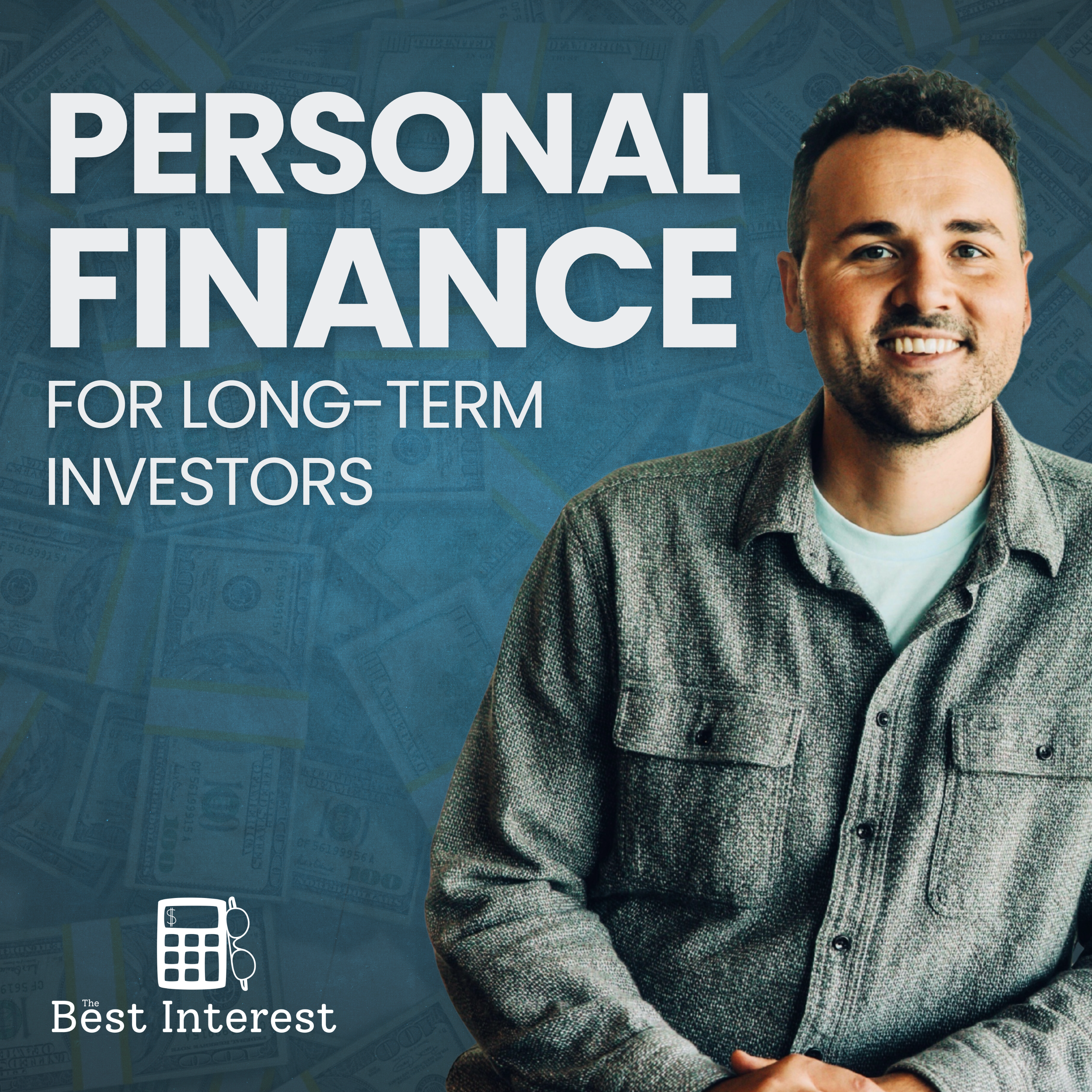
Do Long-Term Investors *Need* To Invest In Real Estate? | Chad “Coach” Carson - E101 | The Best Interest Podcast
Jesse is joined by Chad Carson, who discusses residential real estate investing as a stable alternative to stocks and bonds. While real estate offers advantages like rental income, property appreciation, and tax benefits, Jesse also highlights challenges such as high costs, tenant issues, liquidity problems, and the time commitment required. Jesse thinks of his Rochester wealth management clients, and what some of them do.
Chad emphasizes choosing the right location, focusing on properties with minimal renovation needs, and securing financing that ensures a healthy cash flow. He advises new investors to avoid risky locations and avoid over-leveraging, recommending a steady, cautious approach. The discussion also touches on the stages of investing, from securing initial deals to building wealth and prioritizing stability.
The concept of the "small and mighty" investor is introduced, suggesting that a smaller, well-managed portfolio can generate significant passive income, offering more flexibility and freedom than large-scale investing. Both Jesse and Chad stress the importance of aligning investments with personal values and goals, encouraging listeners to prioritize lifestyle over asset accumulation - a pillar of financial planning.
Key Takeaways:
• When investing in real estate, focus on areas with strong job markets and potential for growth. Avoid declining populations and single-industry towns.
• Ensure mortgage payments are significantly lower than your rental income, ideally aiming for a 50% or lower mortgage-to-rent ratio.
• Mortgages allow for property ownership you couldn’t otherwise afford, but use debt carefully, especially in downturns. Ensure good debt management to avoid financial failure.
• Whether through books, podcasts, or coaches, learning from experts can help build confidence and avoid mistakes.
• Bigger isn’t always better. A smaller, well-managed portfolio can generate significant passive income without the burden of managing hundreds of units.
• Real estate should fit into your personal values and long-term lifestyle vision. Success is not about accumulating assets but achieving your desired way of life.
Key Timestamps:
(00:00) Introduction to Personal Finance for Long Term Investors
(02:23) The Power of Leverage in Real Estate
(07:35) Cons of Residential Real Estate Investing
(15:02) Introducing Coach Chad Carson
(17:01) Choosing the Right Real Estate Location
(28:26) Understanding the Three Rental Stages
(29:09) The Importance of Debt Management
(31:51) Balancing Real Estate with a Busy Life
(40:16) The Small and Mighty Real Estate Investor
(45:56) Finding Your 'Enough' in Real Estate
(51:32) Conclusion and Resources
Key Topics Discussed:
Personal Finance for the Long-Term Investor, The Best Interest, Jesse Cramer, Rochester New York, financial planner, financial advisor, wealth management, retirement planning, tax planning, personal finance, real estate, Chad Carson, leverage, debt, mortgage, Coach Carson
Mentions:
Website: link
LinkedIn: link
More of The Best Interest:
Check out the Best Interest Blog at bestinterest.blog
Contact me at [email protected]
The Best Interest Podcast is a personal podcast meant for educational and entertainment. It should not be taken as financial advice, and is not prescriptive of your financial situation.

